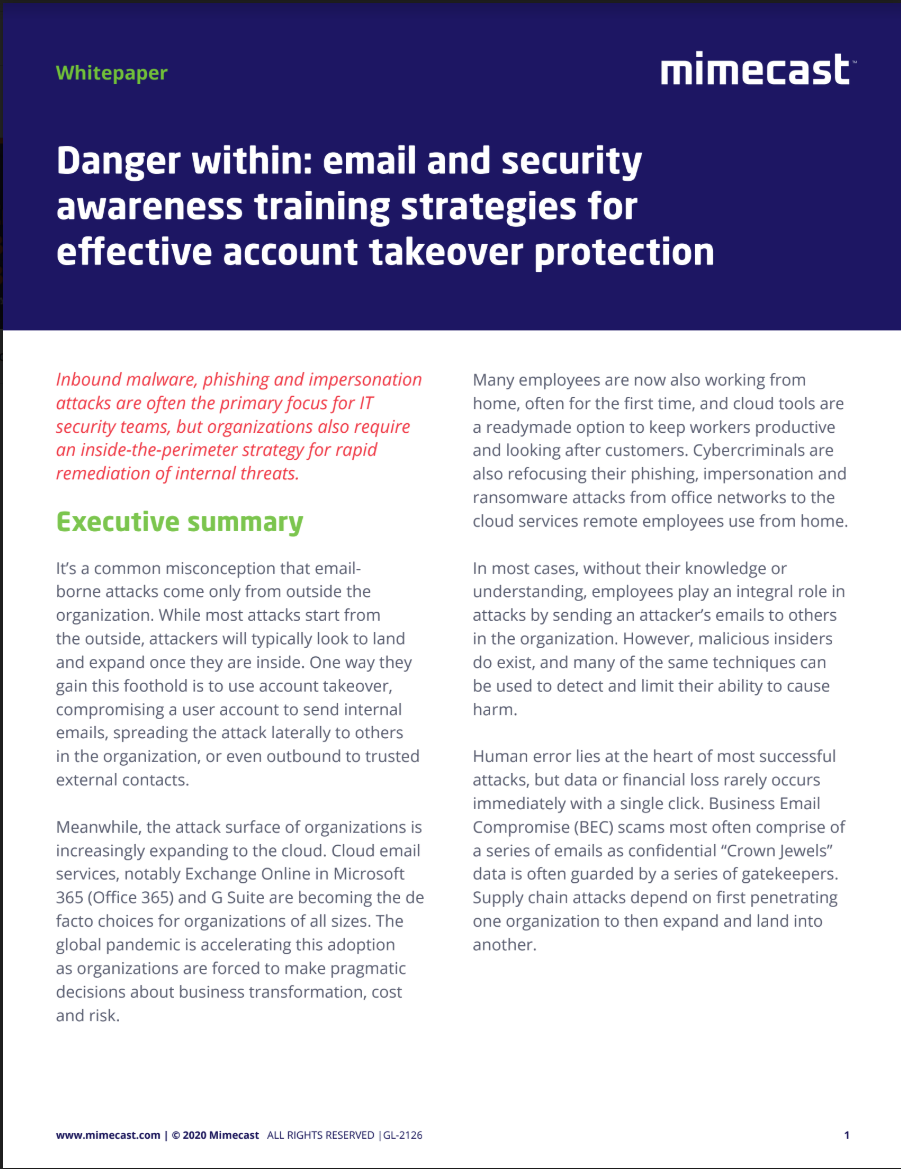Apple patches iOS 12 after hackers exploit WebKit Engine flaws
The emergency patch addresses two bugs abused to launch remote code execution attacks


Apple has released an out-of-band security fix to address two zero-day vulnerabilities in iOS 12.5.3 that hackers are actively exploiting to launch remote code execution attacks.
The two flaws under scrutiny are CVE-2021-30761 and CVE-2021-30762, which both lie in the open source WebKit browser rendering engine used by Apple to power Safari, as well as all iOS web browsers. It’s also used by many other apps across the Apple ecosystem on various devices.
Apple has patched these two flaws with iOS version 12.5.4, alongside a fix for a memory corruption issue in ASN.1 decoder, tracked as CVE-2021-30737. Abstract Syntax Notation One, or ASN.1, is a standard interface language for defining data structures that can be serialised and deserialised in a cross-platform way.
The first of the two WebKit flaws, CVE-2021-30761, is also a memory corruption issue that can be exploited to execute code remotely when processing malicious web content.
The second, CVE-2021-30762, is a use-after-free issue that can also be exploited to launch remote code execution attacks when processing malicious content.
They’ve been fixed with “improved state management” and “improved memory management” respectively.
These two are only the latest flaws to affect Apple’s WebKit browser engine that hackers have exploited since the start of the year. In total, Apple has patched seven WebKit-related flaws since January 2021, across various devices.
Sign up today and you will receive a free copy of our Future Focus 2025 report - the leading guidance on AI, cybersecurity and other IT challenges as per 700+ senior executives
RELATED RESOURCE

Security awareness training strategies for account takeover protection
Why you need an inside-the-perimeter strategy for internal threats
WebKit, alongside its use in Safari, is also used in various iOS, macOS, watchOS and Apple TV apps and services.
The latest version of Safari released in April brought with it a host of new WebKit features, APIs, performance improvements and better compatibility for web developers. For example, Safari 14.1 now supports a media encoder as well as date and time inputs on macOS.
Support for the AudioWorklets technology, a web standard that optimises audio processing in the browser, however, brought with it a glaring security issue.
Researchers with Theori reported that a bug in the implementation of this feature made it possible to use technology to get Safari and other WebKit-based browsers to run arbitrary code. Although the WebKit developers fixed the bug, Apple’s Safari developers didn’t bake this into the web browser on iOS or macOS.

Keumars Afifi-Sabet is a writer and editor that specialises in public sector, cyber security, and cloud computing. He first joined ITPro as a staff writer in April 2018 and eventually became its Features Editor. Although a regular contributor to other tech sites in the past, these days you will find Keumars on LiveScience, where he runs its Technology section.
-
 Can the ‘microshifting’ trend work in the tech sector?
Can the ‘microshifting’ trend work in the tech sector?In-depth Research shows that employees want to break up their working days into short, flexible blocks – here’s how tech leaders can implement what’s being coined as ‘microshifting’
-
 Brother DCP-L1640W review
Brother DCP-L1640W reviewReviews This compact mono laser multifunction looks perfect for home workers, but is its appeal more than skin-deep?
-
 Two Fortinet vulnerabilities are being exploited in the wild – patch now
Two Fortinet vulnerabilities are being exploited in the wild – patch nowNews Arctic Wolf and Rapid7 said security teams should act immediately to mitigate the Fortinet vulnerabilities
-
 Everything you need to know about Google and Apple’s emergency zero-day patches
Everything you need to know about Google and Apple’s emergency zero-day patchesNews A serious zero-day bug was spotted in Chrome systems that impacts Apple users too, forcing both companies to issue emergency patches
-
 Security experts claim the CVE Program isn’t up to scratch anymore — inaccurate scores and lengthy delays mean the system needs updated
Security experts claim the CVE Program isn’t up to scratch anymore — inaccurate scores and lengthy delays mean the system needs updatedNews CVE data is vital in combating emerging threats, yet inaccurate ratings and lengthy wait times are placing enterprises at risk
-
 IBM AIX users urged to patch immediately as researchers sound alarm on critical flaws
IBM AIX users urged to patch immediately as researchers sound alarm on critical flawsNews Network administrators should patch the four IBM AIX flaws as soon as possible
-
 Critical Dell Storage Manager flaws could let hackers access sensitive data – patch now
Critical Dell Storage Manager flaws could let hackers access sensitive data – patch nowNews A trio of flaws in Dell Storage Manager has prompted a customer alert
-
 Flaw in Lenovo’s customer service AI chatbot could let hackers run malicious code, breach networks
Flaw in Lenovo’s customer service AI chatbot could let hackers run malicious code, breach networksNews Hackers abusing the Lenovo flaw could inject malicious code with just a single prompt
-
 Industry welcomes the NCSC’s new Vulnerability Research Initiative – but does it go far enough?
Industry welcomes the NCSC’s new Vulnerability Research Initiative – but does it go far enough?News The cybersecurity agency will work with external researchers to uncover potential security holes in hardware and software
-
 Hackers are targeting Ivanti VPN users again – here’s what you need to know
Hackers are targeting Ivanti VPN users again – here’s what you need to knowNews Ivanti has re-patched a security flaw in its Connect Secure VPN appliances that's been exploited by a China-linked espionage group since at least the middle of March.